When the headlines scream “narco-wars” and pundits wag their fingers about “fentanyl,” it is tempting to reduce Donald Trump’s Venezuela policy to one issue: drugs. A convenient shorthand – but also a red herring. Read closely and a very different logic emerges.
Drugs matter, and the effort is to some degree about exactly that. Yet so does immigration. Venezuela’s hydrocarbons also matter – and they matter even more in a world where OPEC has been deliberately constraining supply to keep oil prices high.
Deploying narcotics as a public justification is smart politics. It communicates a moral urgency that resonates at home (the drug crisis is real) and offers a legal-rhetorical peg overseas (designating cartels as terror proxies, authorizing kinetic steps under counter-terror authorities). But policy is not simply argument; it is incentive architecture.
Trump’s operation in Caracas is being built around a set of incentives – for the United States, for Caracas’s elites, for regional partners – that are designed to minimize the chance of an expensive occupation while still extracting tangible leverage – maybe for regime change but also maybe for a great deal. Think of it as the art of coercion without conquest: pressure applied across multiple vectors until the cost of continued behavior exceeds the benefit. It’s actually pretty straightforward.
First: Trump dislikes regime-change wars in the classic sense. The “America First” portfolio is transactional by design: fewer open-ended nation-building campaigns, more calibrated use of force or diplomatic pressure where the legal and political cover exists. Analysts who assume he secretly dreams of invasions are projecting a familiar neocon fantasy onto an administration that, in practice, is stingy about long ground wars. Evidence? You don’t need it, just look at recent history.
Second: Immigration is leverage. Policy signals link security operations to deportation and migration enforcement. In recent moves, naval deployments and strikes on alleged trafficking vessels have been accompanied by rhetoric and, at points, explicit linkage to deportation policies. Military pressure, then, functions as bargaining power in a broader domestic political market.
Third: Venezuela is about oil. The South American country has long been known as a hydrocarbon state, and for good reason. In World War Two, Venezuelan crude was indispensable to the Allied effort, fueling ships, planes and entire campaigns across the Atlantic. Today, by contrast, the United States trades virtually nothing with Caracas – a startling reversal given that Venezuela still holds the largest proven reserves in the world. If brought back into the US market, and modernized, its output could rival Gulf producers and alter the balance of supply.
Fixating on crude alone, however, misses the resources that also matter in 21st-century geopolitics – the critical minerals that feed electric vehicles, batteries and telecom. Beijing’s interest in Venezuela, for one, is not sentimental. It is a modern scramble for inputs. Washington’s policy calculus therefore has an industrial logic as well as a geopolitical one: deny adversaries secure access, protect supply chains, and leave a neighboring state structurally unable to become a reliable client of a rival power.
Unlike Ukraine, Venezuela’s resource wealth doesn’t need to be inflated – it is obvious, vast and sitting in plain sight. Unlike Iran, despite Maduro’s theatrical boasts of millions of “militiamen,” the country has no real military capability. Unlike Taiwan, we don’t need to invoke the complexity of semiconductors; Venezuela’s importance is more tangible, rooted in immigration, drugs, oil, gas and minerals. And unlike the myth of a population united in anti-Americanism, Venezuelans’ resentment of Washington is overstated – their hatred of Maduro certainly runs far deeper.
Seen from this angle, the narco-terror narrative is a tool – a great one. Declaring networks as terror or terrorist-adjacent reconfigures the legal playbook. It widens authorities, attracts military assets and legitimizes potential strikes that would be harder to justify under other rubrics. It also performs a diplomatic service: it makes pressure acceptable to partners who would recoil at a naked campaign aimed at regime decapitation. The subtext is surgical: apply pain without promising occupation.
A full-scale invasion or a prolonged occupation would be catastrophic for the United States politically and logistically; it would also play straight into the hands of Caracas’s propaganda and regional rivals. So if you cannot replace Maduro through direct warfare, how do you change his cost-benefit calculus? You make continued rule more expensive, more dangerous, and less useful: target revenue streams, hinder patronage, sap his ability to reward subordinates and increase the political price of belligerence. See the logic?
Critics who treat Trump’s approach as incoherent are often reading intentions without seeing incentives. They assume that because the rhetoric is muscular, the endgame must be militarized. But policy is a transaction between ends and feasible means. Trump’s approach always aims to maximize leverage while minimizing open-ended commitments. That is not a cautious liberal policy of benign persuasion; it is a hard-nosed transactionalism that prefers calibrated coercion to costly conquest. By contrast, Biden relied too much on goodwill and “good gait” diplomacy – noble on paper, disastrous in practice.
Trump’s policy welds legal cover, domestic political salience, asymmetric pressure, and an appreciation for resources into one instrument. The risks are real: escalation through miscalculation, the entanglement of law enforcement and low-intensity military force, and the moral hazard of normalizing extraterritorial strikes. But proceeding with prudence – not cowardice – has great potential. As Trump fans love to say, “trust the plan.”



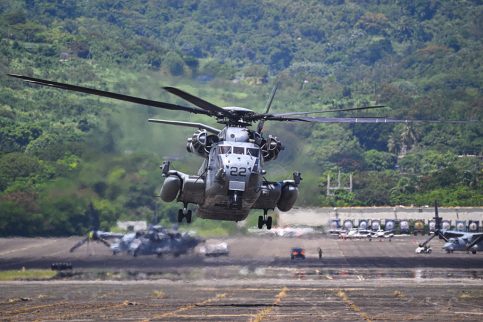






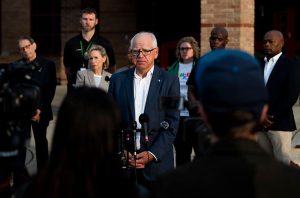




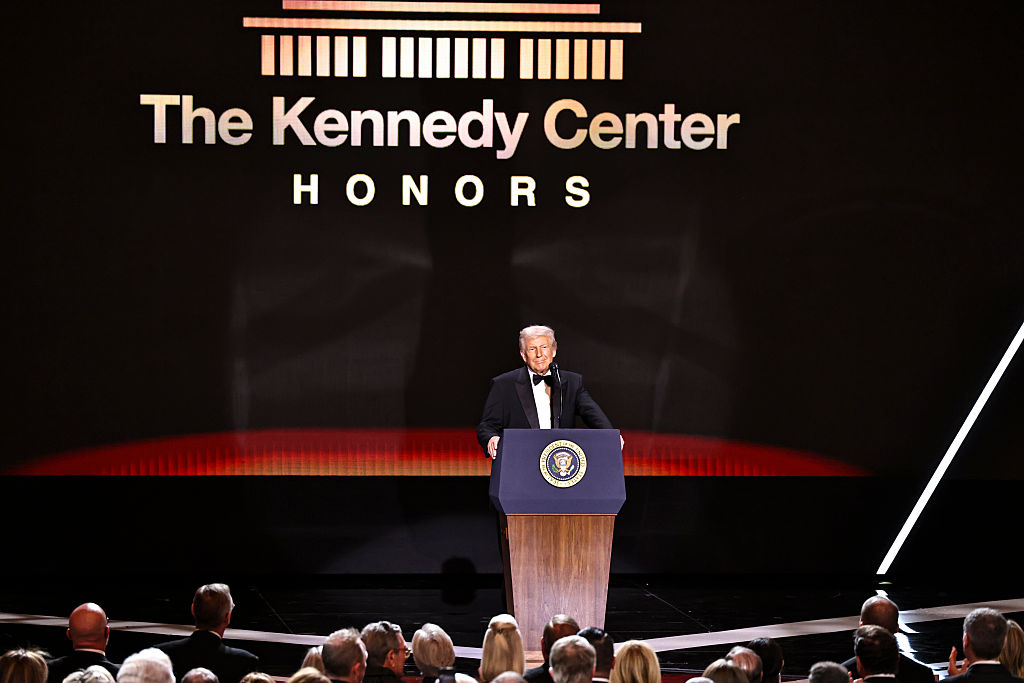
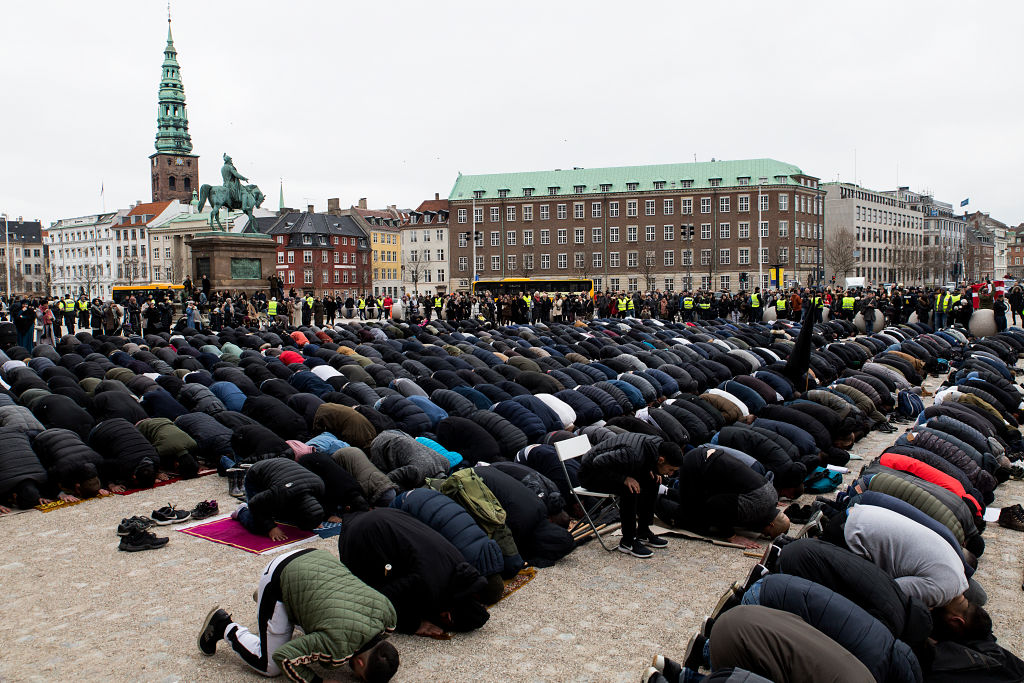
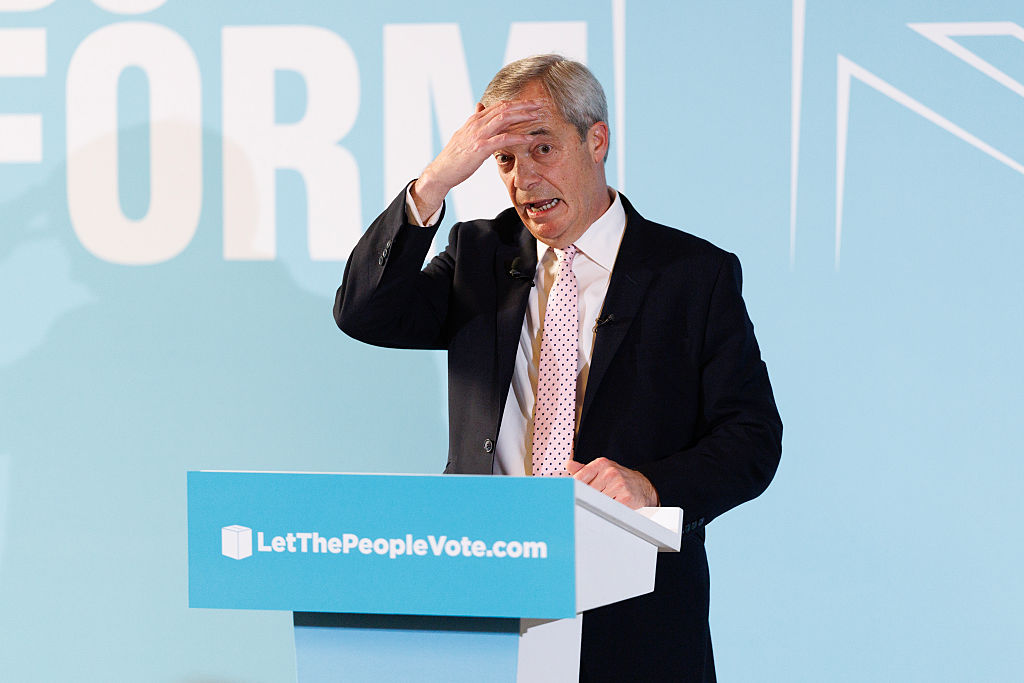








Leave a Reply